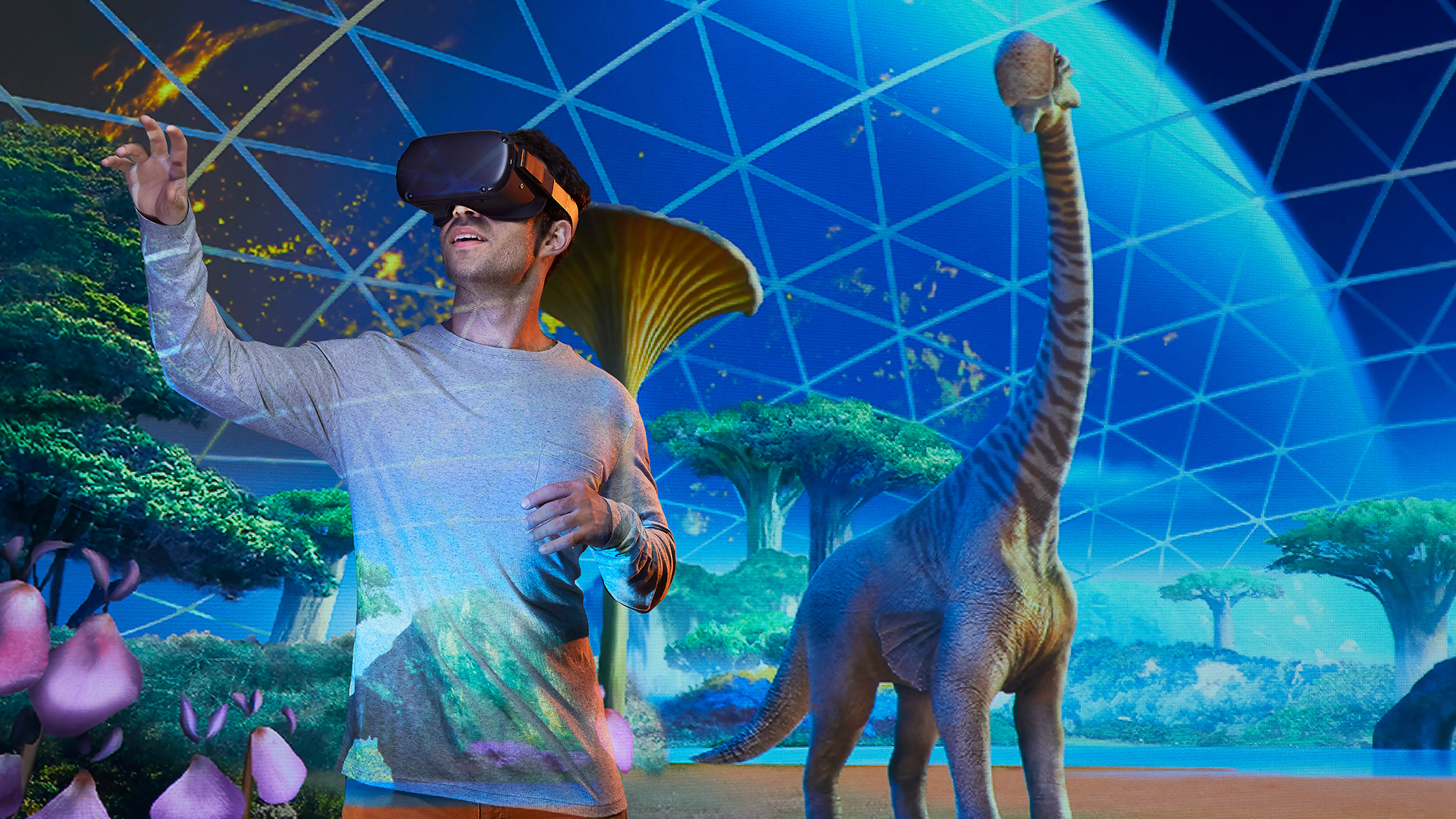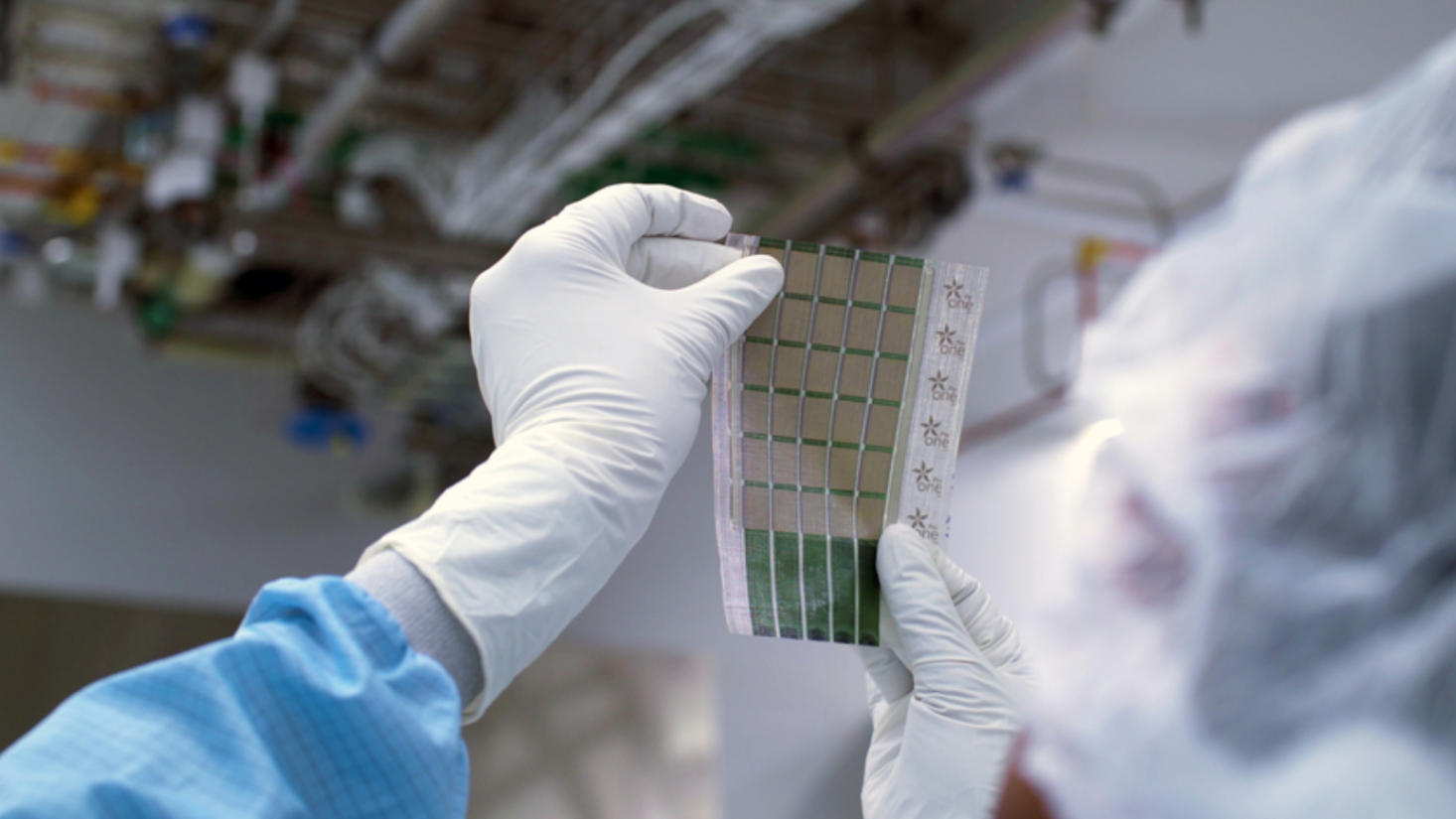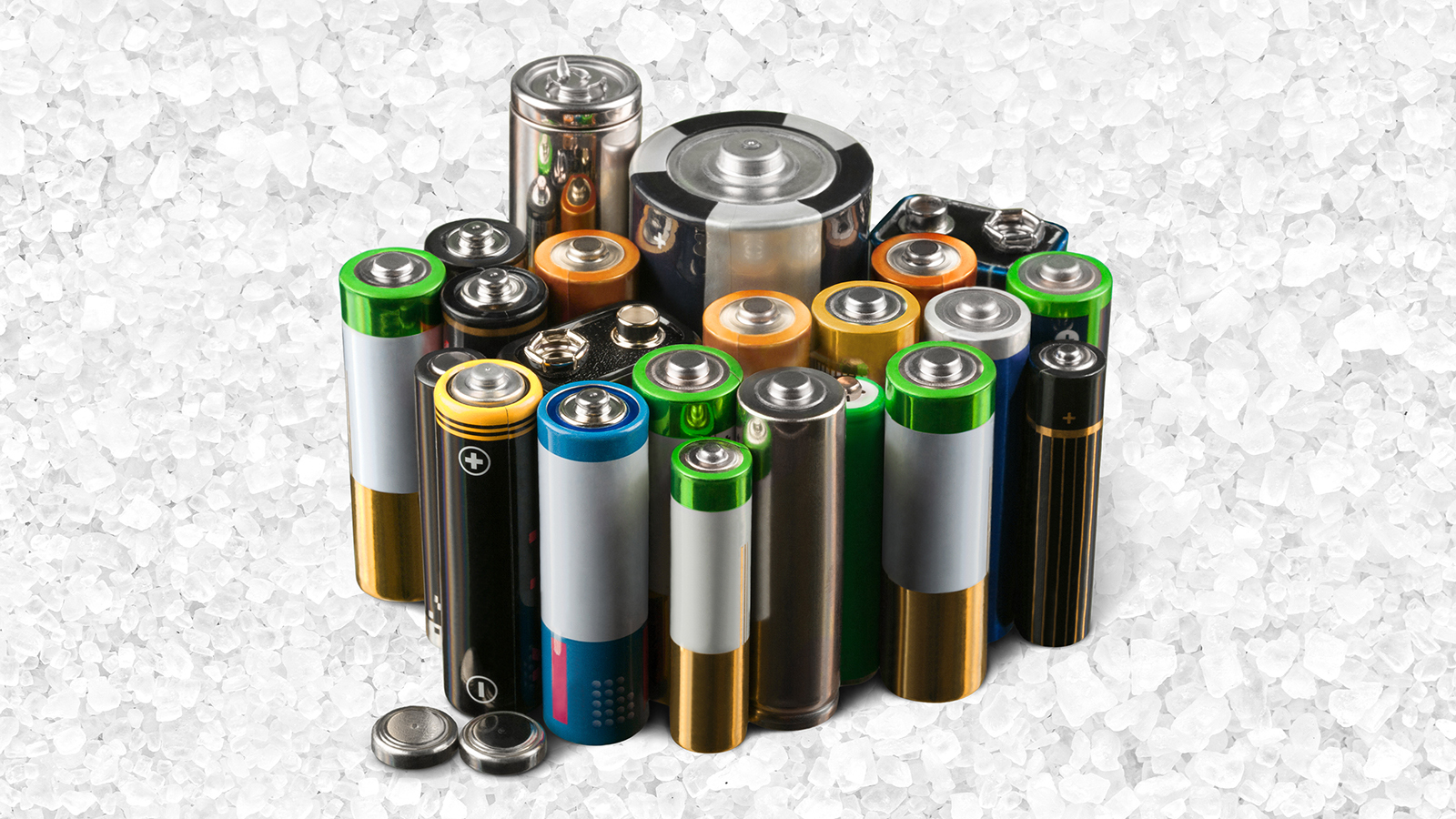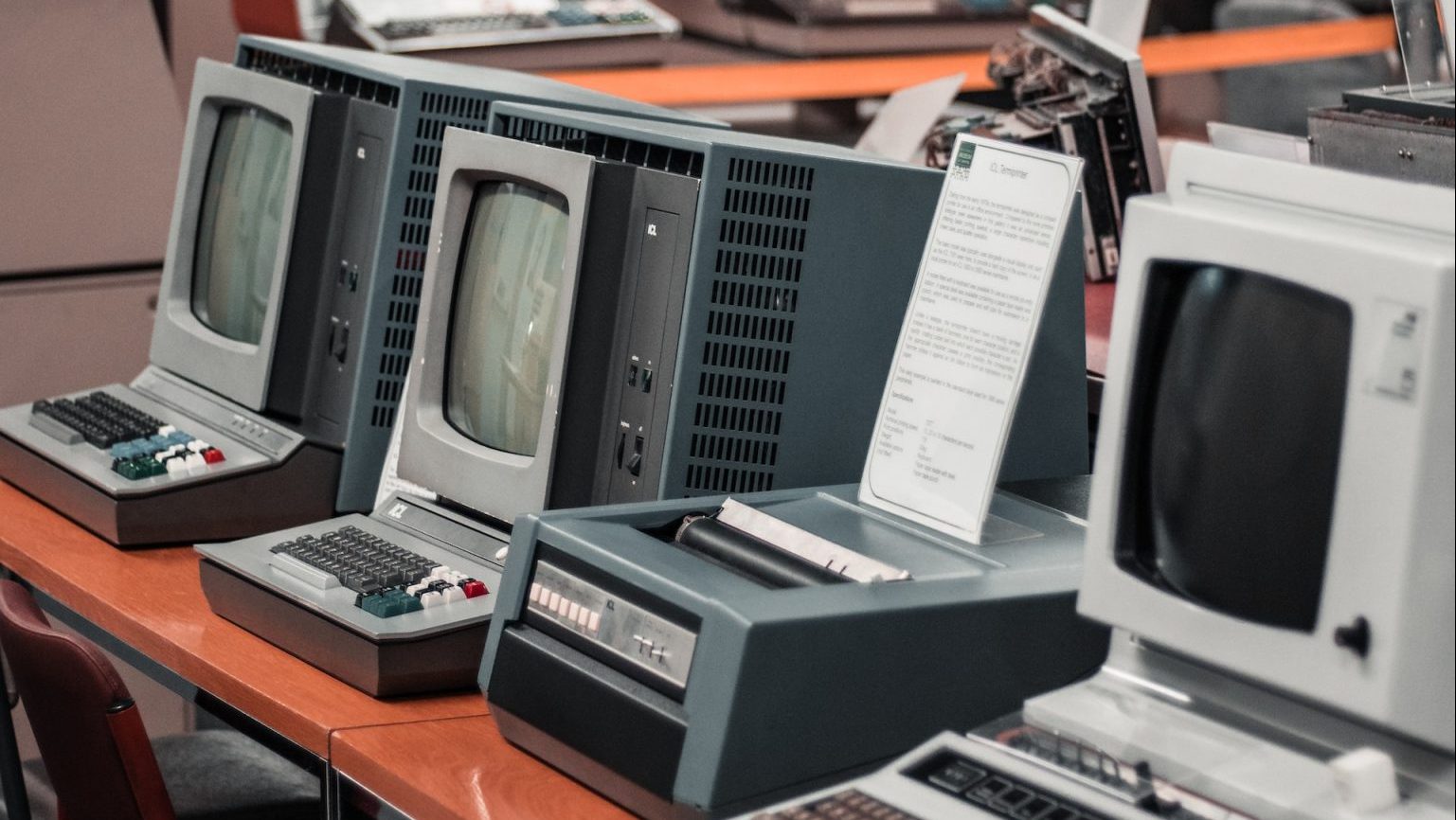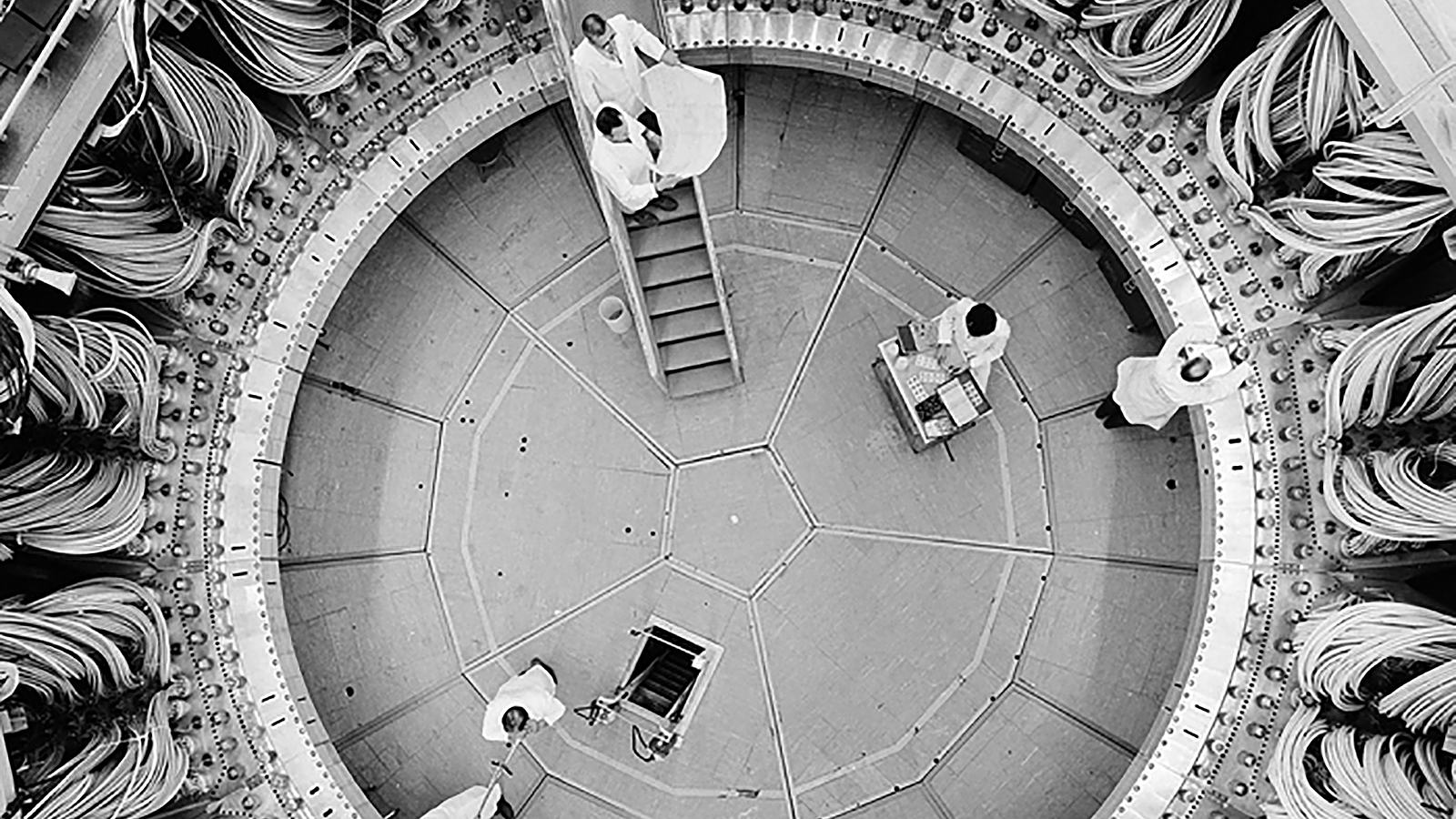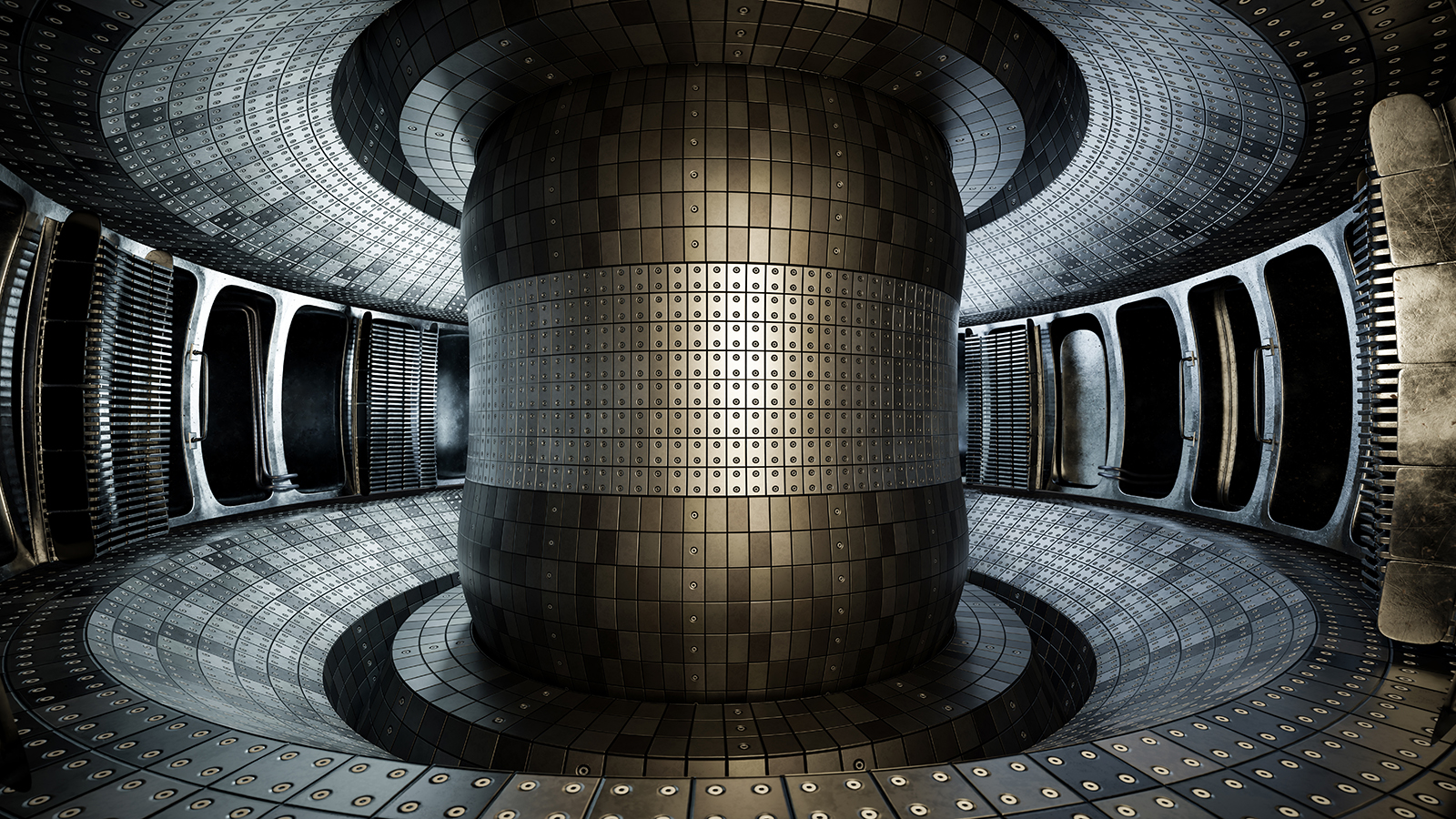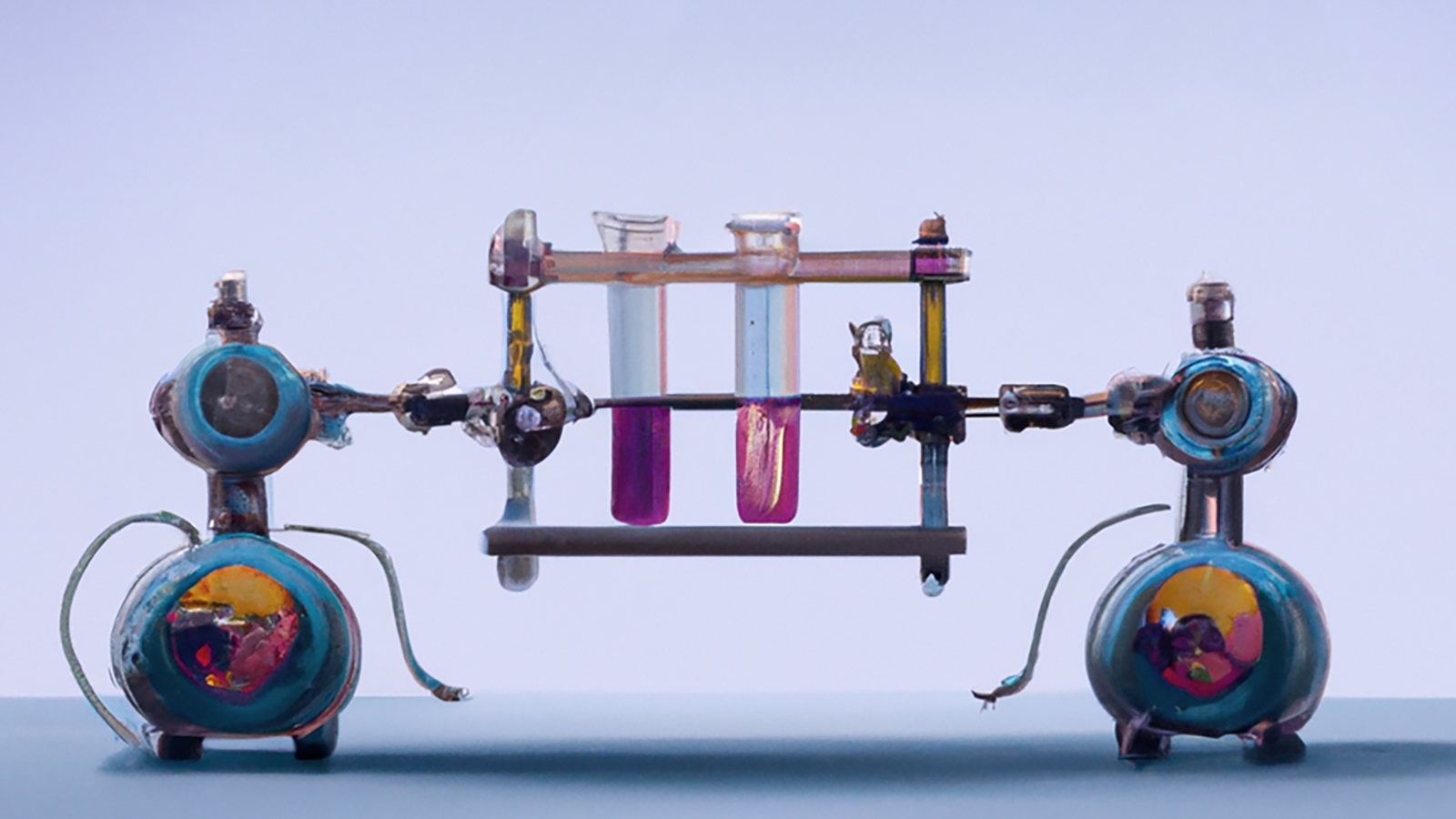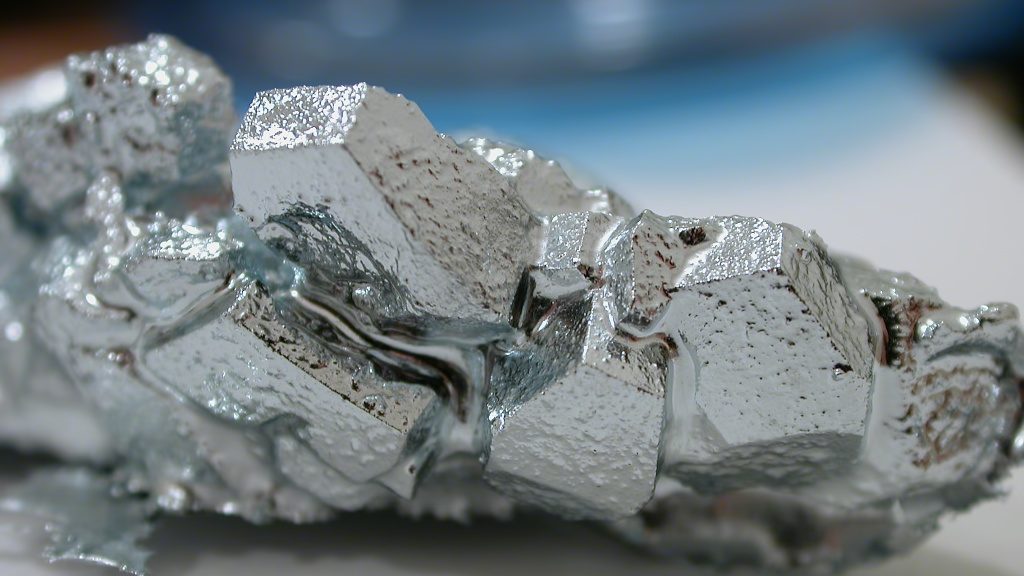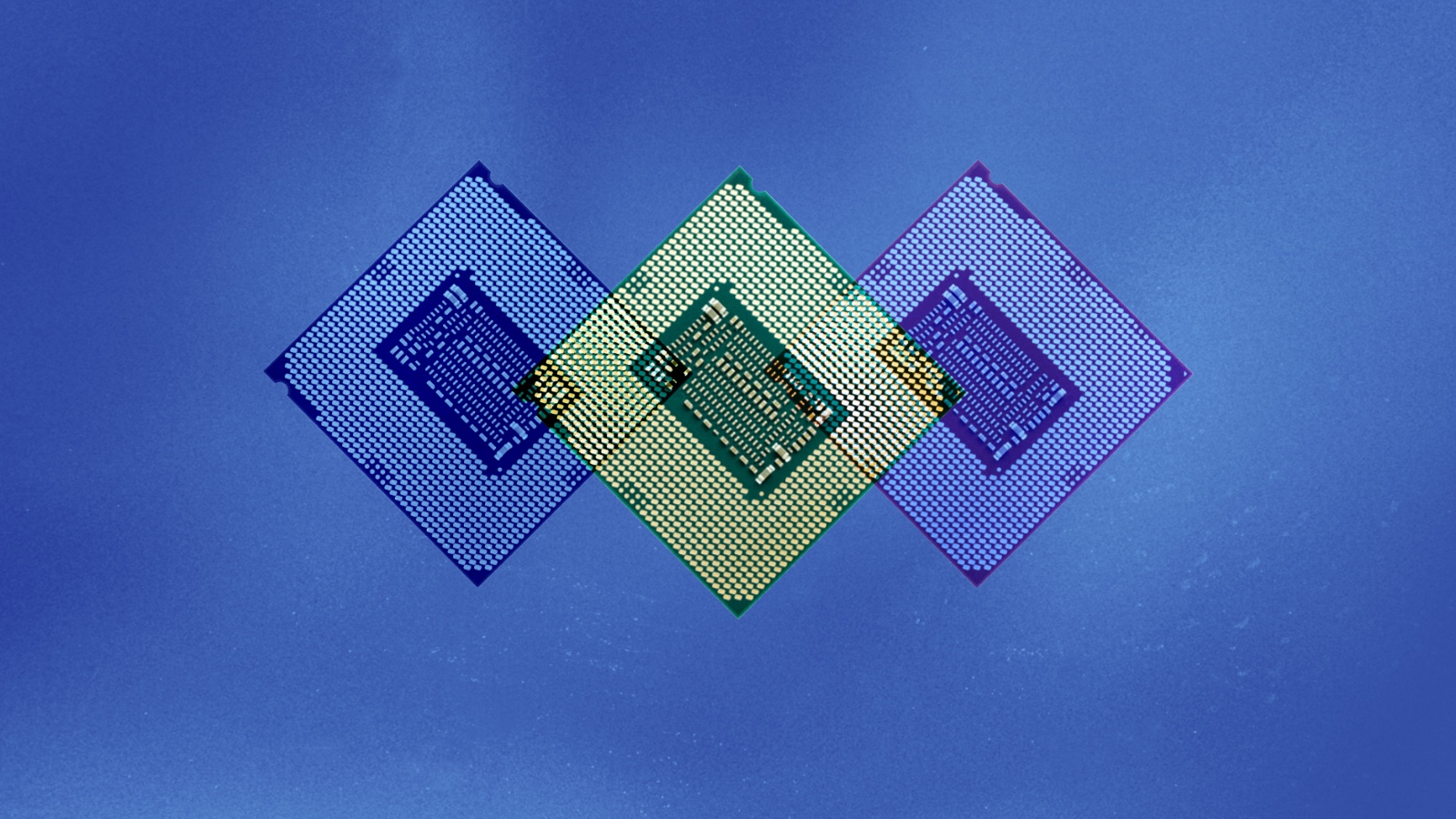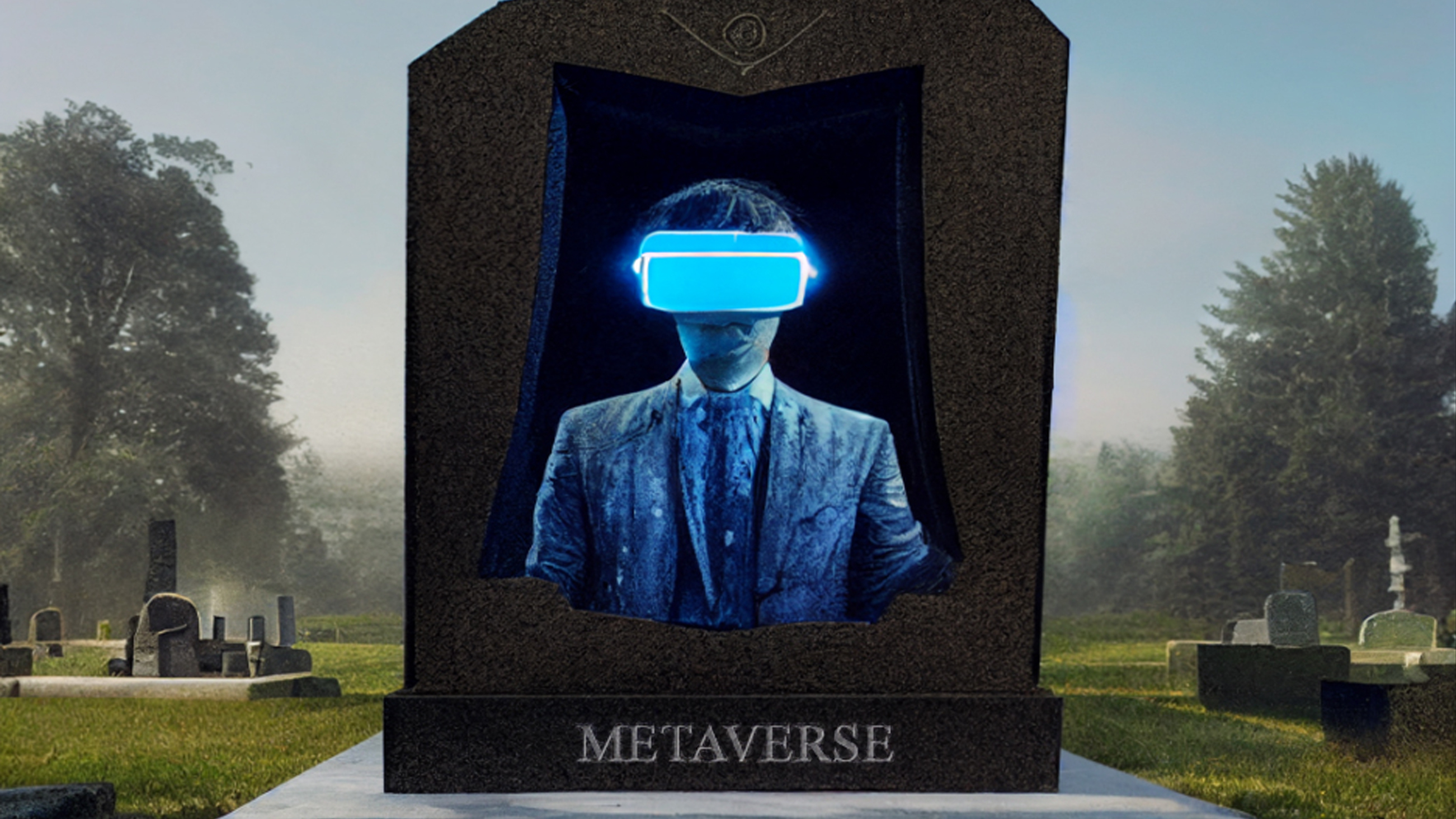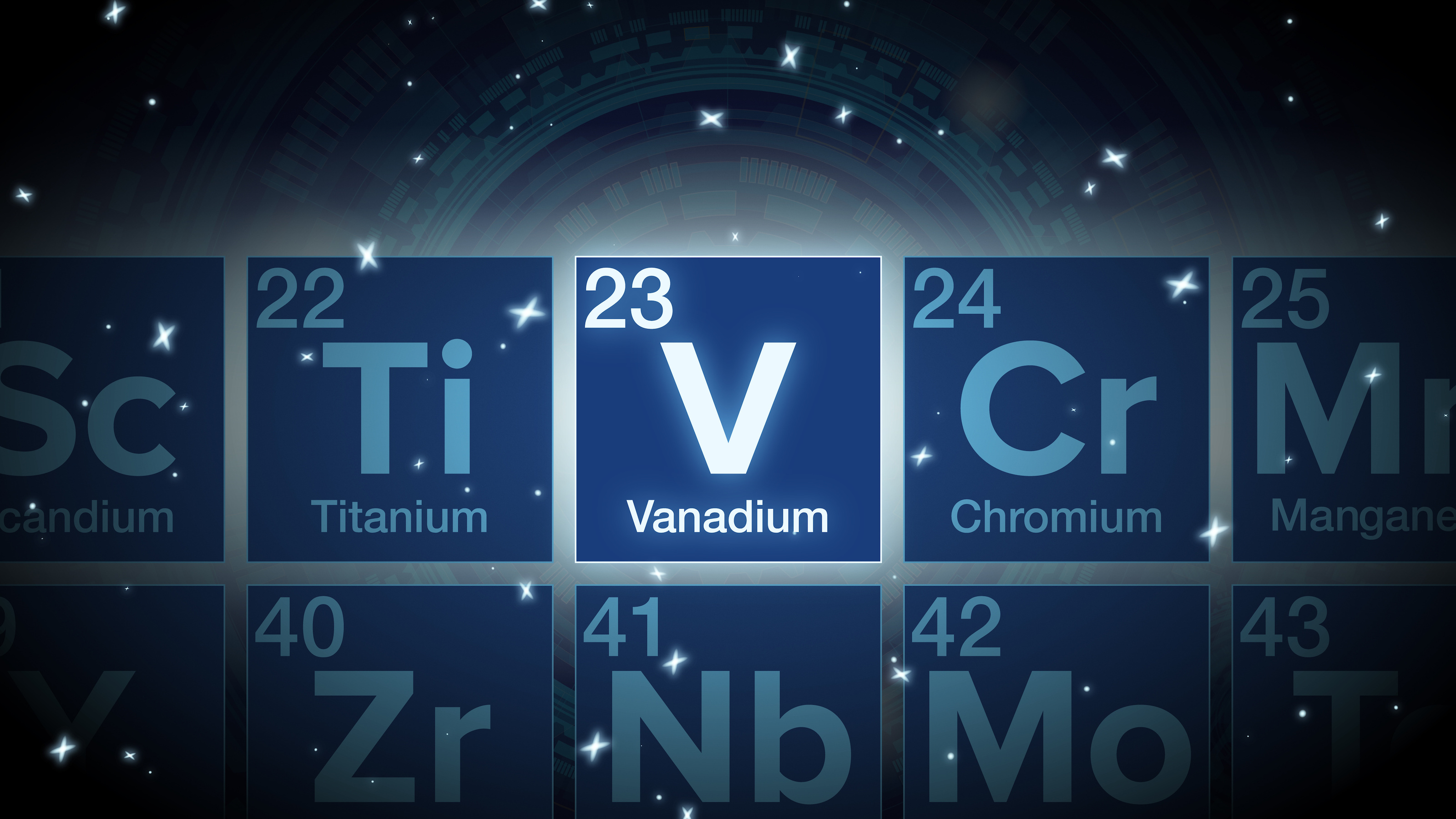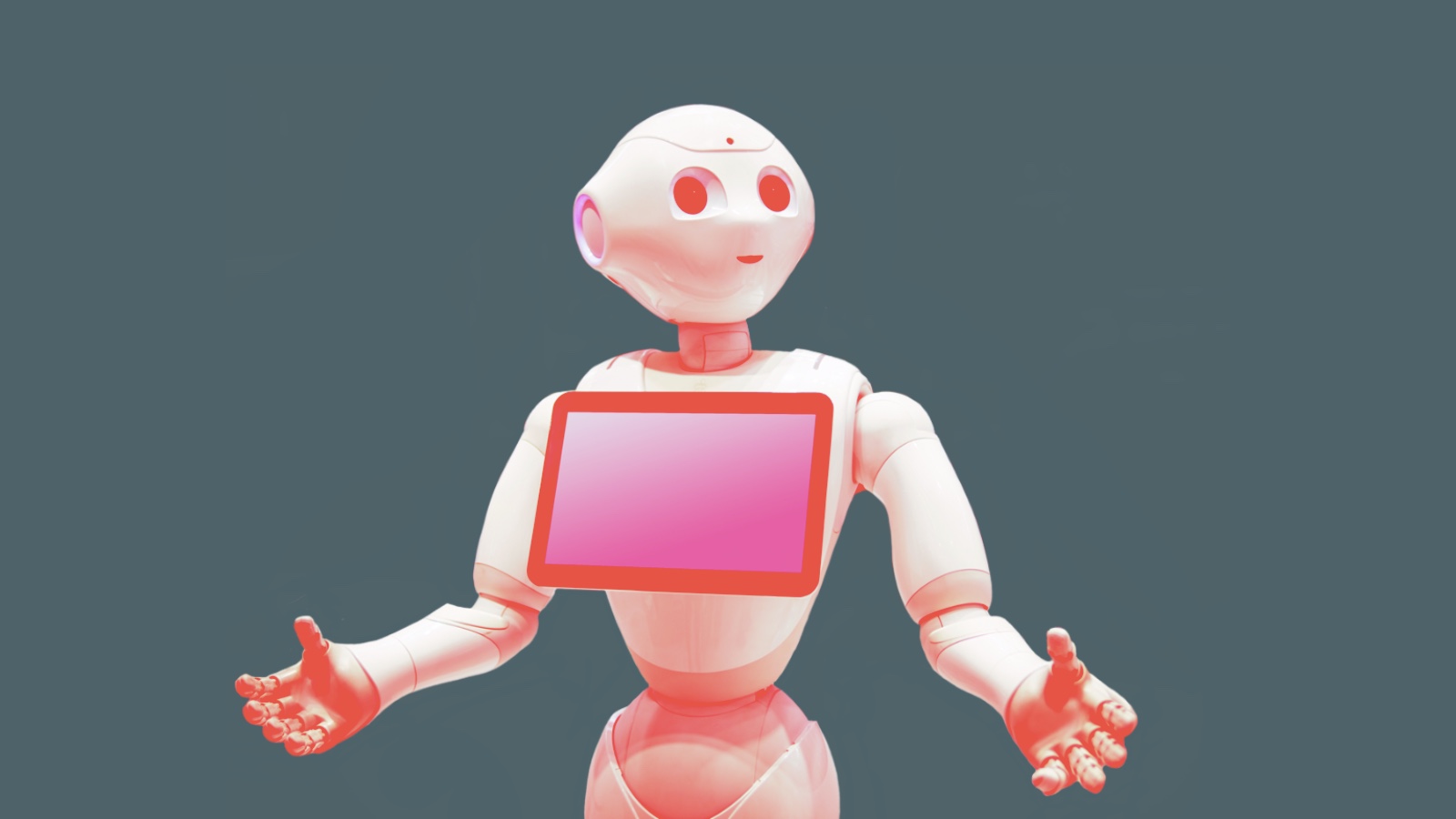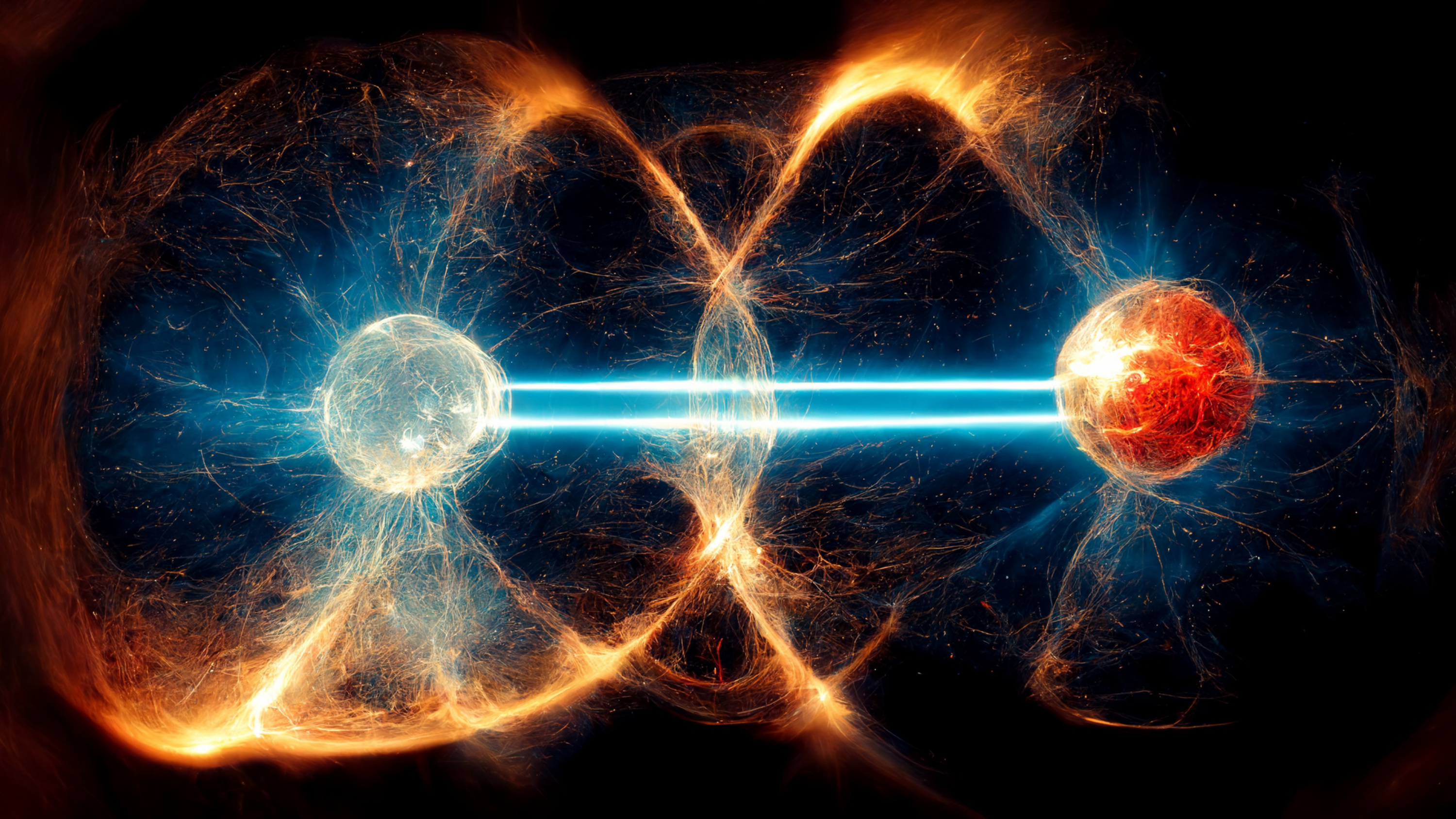The Future
All Stories
Apart from the energy needed to flip the switch, no other energy is needed to transmit the information.
Imagine going on a tour through the human circulatory system as a tiny cell. That is just one example of education in the metaverse.
We are traveling in a realm that once exclusively belonged to the gods. Space travel will force humanity to rethink everything.
One of Jetoptera’s VTOLs is expected to reach speeds of around 614 mph, about as fast as a commercial jet airliner.
The automated McDonald’s has a staff comparable to other stores. But the crew members are all focused on making and packaging orders instead of delivering them.
The authors call it “wildly theoretical” — but let’s take a look, anyway.
It was a particularly good year for biotech and medical technology. There were also notable advances in energy.
Some solar cells are so lightweight they can sit on a soap bubble.
It will be able to produce 22 million pounds of cultivated meat annually.
We might be dining on insect-based Christmas pies with robot-harvested algae on the side.
Lithium-ion batteries pose challenges for our transition toward renewable energy. Sodium-sulfur batteries might be a solution.
Despite their brief history, computers and AI have fundamentally changed what we see, what we know, and what we do.
Once water gets more than about 200 feet deep, building on the sea floor is out of the question.
Don’t put all your eggs in one basket.
If you gave me $400 and I gave you $3.15, would you consider yourself wealthier? That’s a financial analogy for the supposed fusion power “breakthrough.”
ChatGPT’s capabilities are astonishing.
De-extinction, if it is ever possible, will not be simple.
Synthetic milk is not a sci-fi fantasy; it already exists.
Bend it. Stretch it. Use it to conduct electricity.
Flexible organic circuits might someday hook right into your head.
The metaverse is inevitable because it is hardwired into our DNA.
Vanadium dioxide is a strange material that “remembers” information and when it was stored. This is akin to biological memory.
Population growth is driven by three changes: Fertility, mortality, and migration.
They are expected to be cheaper to build and even more reliable than today’s nuclear plants.
Inside the metaverse, your emotions and physical responses will be monitored, and AI will use that data to influence you in real time. Is that essentially mind control?
More than any other nation, Japan tends to feel comfortable with the idea of humanoid robots entering the home.
Quantum entanglement may remain spooky, but it has a very practical side.

